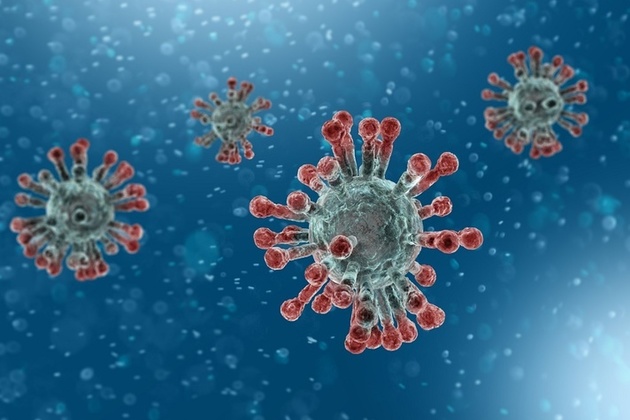
Why are we so surprised that odd cases of Corona Virus are cropping up here and there? What sort of puzzlement is afflicting the so-called experts and why are they pretending that they were not expecting this to happen? The reality is that unless an illness causes immediate symptoms to appear, it is going to be almost impossible to stop something such as this contagion from spreading.
Take for example the flawed attempt to isolate people at a hotel in Italy, from which they are now releasing people who, according to their records, arrived after the original carriers left. They are doing so on the grounds that they would not have come into contact with the original carrier so are less likely to have contracted the illness. But that is just a load of old nonsense and flies in the face of fact.
Assume there are 200 people in a hotel, with a change-over of 50 people each week. Someone is diagnosed with the flu-bug after they leave the hotel, so an order is sent to to stop anyone else from leaving as they might also now be infected. It follows that anyone who arrived after the carrier left is also going to be exposed to the risk of getting the virus – but is it really less likely they will be infected than some who was in the building at the same time as the carrier?
The answer has to be no.
If the first person infected, say, 20 people, then those who arrive after the original carrier checked out might now be surrounded by many more infected guests – perhaps 10% or even more. So by what stretch of mathematical logic can you say that it is safer to release those who arrived afterwards, as opposed to those who were there are the same time as Carrier No1? In short, you cannot.
In addition, the notion that a two-week isolation will deal with the disease in such circumstances is another fallacy. If one person arrives and, over a period of a few days, infects others, then unless all guests and staff are immediately individually isolated, and only allowed out after a two-week quarantine period, and then only after a test, then the exercise is an almost complete waste of time.
The reason is that from the time that you identify the presence of the virus in one person in a group, others have a two week period during which they might show symptoms. However, it might be that someone in the building might, by pure chance, avoid contact with the virus for a week or ten days – but then contract the illness. So their incubation clock has only now started ticking and will run for another two weeks. In this case, the hotel’s overall quarantine clock will have to be reset to Zero each time that happens, as that late casualty might have passed it on to a proportion of the remaining un-infected guests - and so on.
(And note also that no account has been taken of the all the people that the original carrier might have infected elsewhere - including those 50 guests who left that week. Where are all those people going and how many others might they infect outside the hotel?)
The free movement of people around the world means that we are already almost certain to be exposed at some point to the virus. Someone attends a conference, or goes into a large shopping-mall and unwittingly contracts the virus. 24 hours later they might have travelled thousands of miles, passing through multiple different airports, public transport systems and countries, coming into contact with thousands of other people, who, by virtue of the fact that they were on the same sort of transport networks, are almost certainly going to repeat the infection process.
Given that the symptoms can range from those of a minor cold to full-blown flu, how many of those infected people are going to assume it is Corona virus? And so the cycle continues.
As I sit here writing this, I can feel a lousy cold coming on. Do I now go to the GP, or stay at home and assume the worst? I have not travelled much over the last few weeks, but can I vouch for the people I have met in that time? Would they even know if they had the bug if they were a carrier who showed no symptoms – as seems to be a possibility?
The reality is that we will all try to keep going. But we can do something to reduce the risk of both contracting and also spreading the bug. Wash your hands, drink water regularly, and use a hankie or tissue. Stop sneezing openly in public – a foul and inconsiderate habit that seems to be more and more acceptable these days. If you do notice symptoms that seem to be getting worse than a common cold, then call the GP rather than rush around to the surgery to sit in a waiting room for a few hours, making sure at least half-a-dozen other unfortunates eventually share in your misery. Take any advice seriously and do what they say.
Here is a link to a good BBC-published video about how we can at least try to implement better hand-hygiene. https://www.bbc.co.uk/news/world-51685908
In reality, there seems to be very little else that we can sensibly do at this point. It is, to some extent, a complete lottery as to whether you come into contact with the virus or not.
As and when the medical experts start to issue specific guidance about how to deal with a full-blown epidemic, then all the above might change – and drastically. Let’s hope it does not come to that.

Comments on Corona pop-ups: why all the surprise?